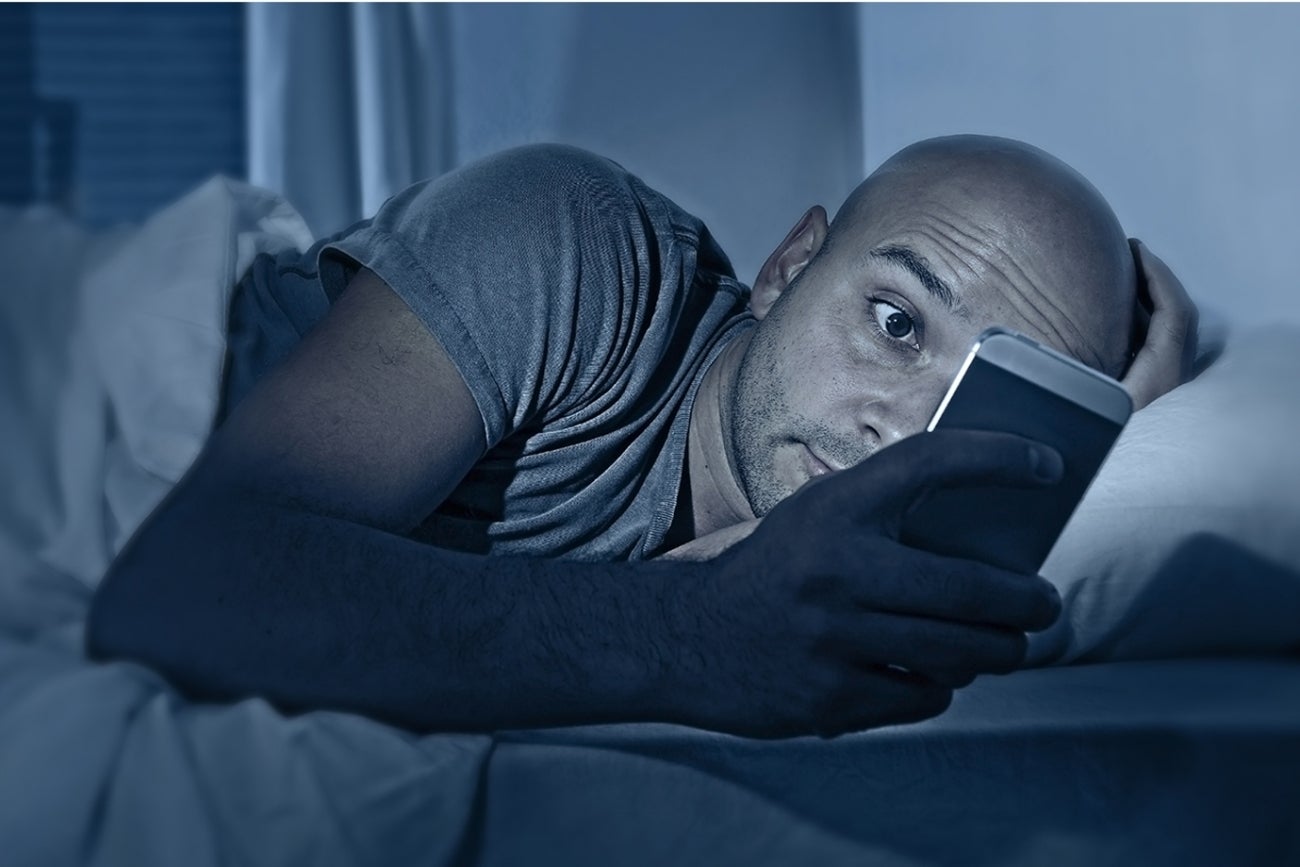
Most people love coming home from a
long day at work to relax and then hopefully get a full night’s sleep. College
students, such as myself, jump at any chance to get a couple hours of sleep,
even if it’s a nap in the middle of the day. Sleep is very important for important
for the body. If not enough sleep is obtained, the body will start to slow down
certain processes. Dr. Cavanaugh, a neuroscience professor who specializes in
sleep at Loyola University Chicago, gave a talk about his research in the
neuroscience seminar class. Dr. Cavanaugh explained to us that the function of
sleep is currently unknown. While we may not know exactly why we sleep, there
are many experiments that prove sleep is definitely necessary to the body. In
fact, if we do not get enough sleep in the night, it is theorized that we build
up a sleep debt. This sleep debt is the amount of sleep that needs to be made
up in a future sleep. While everyone has a different needed sleep time, if you
do not sleep that amount in the night then it will add up to your sleep debt.
Unfortunately even with all the research suggesting that sleep is very
important, many people do not get the recommended hours of sleep.
The lack of
sleep for some people has been such a problem in society that many new advances
in technology are now coming out in order to promote better sleep patterns. Why
is this? It has been theorized that the blue light in our technology, such as
phones and computers, are causing a disruption in our circadian rhythms. This
is causing many people to have trouble sleeping at the right times because of
their exposure of blue light. With the increase of people’s attachment to their
devices, this is becoming a big issue. So much so that companies are starting
to make special light bulbs that are meant for either the day or night, with varying
hues of light. An article, in the New
York Times, talks about these light bulbs and different people who have
tried them. It also explains how there are different ways to make your phone or
computer to emit less blue light during the later evening times. The article
gathers some support from doctors who are backing up these lights, saying that
they are “something to watch.” These lights seem like they may be helpful but
how much affect do they really have? It is hard to say at the moment how much of
an effect that these products are having on our sleep, but many people are
reporting that it seems to help.
The lack of
sleep in people comes with many health hazards. Dr. Cavanaugh spoke about how
sleep helps to consolidation memories. Without proper sleep, you are less
likely to remember something compared to if you had a full night’s rest. Other
research is showing that lack of sleep is even leading to weight gain and
obesity in some people, according to an article in the New York Times. The article
was written based off a study that was published in the Journal of Sleep. This study is saying that when you are lacking in
sleep, receptors in your brain are causing a craving for food. These are the
same receptors that cause “munchies” when smoking marijuana. The study took
participants and placed them into groups of sleep deprivation or regular
night’s sleep. The participants were given two normal size meals and then an
unlimited number of snacks ranging in nutritional value. They found that while
the participants ate the same amount of calories in the meals, but the sleep
deprivation group ate twice as much in snacks and reported feeling hungrier
than the control group.
While sleeping
is often neglected by most people, studies suggest that we should be getting a
full night’s rest whenever possible. The health benefits are numerous, ranging
from increased memory performance to less food cravings. With all of the new
technology coming out to improve sleep, maybe we should look to invest more for
our well-beings. Also maybe next time that Netflix asks you “Are you still
watching?” in the middle of the night, we should consider saying no and try to get
some sleep. Your body may thank you later.
Resources:
Dr. Daniel Cavanaugh,
Lecture, Loyola University Chicago, February 14, 2017.

No comments:
Post a Comment